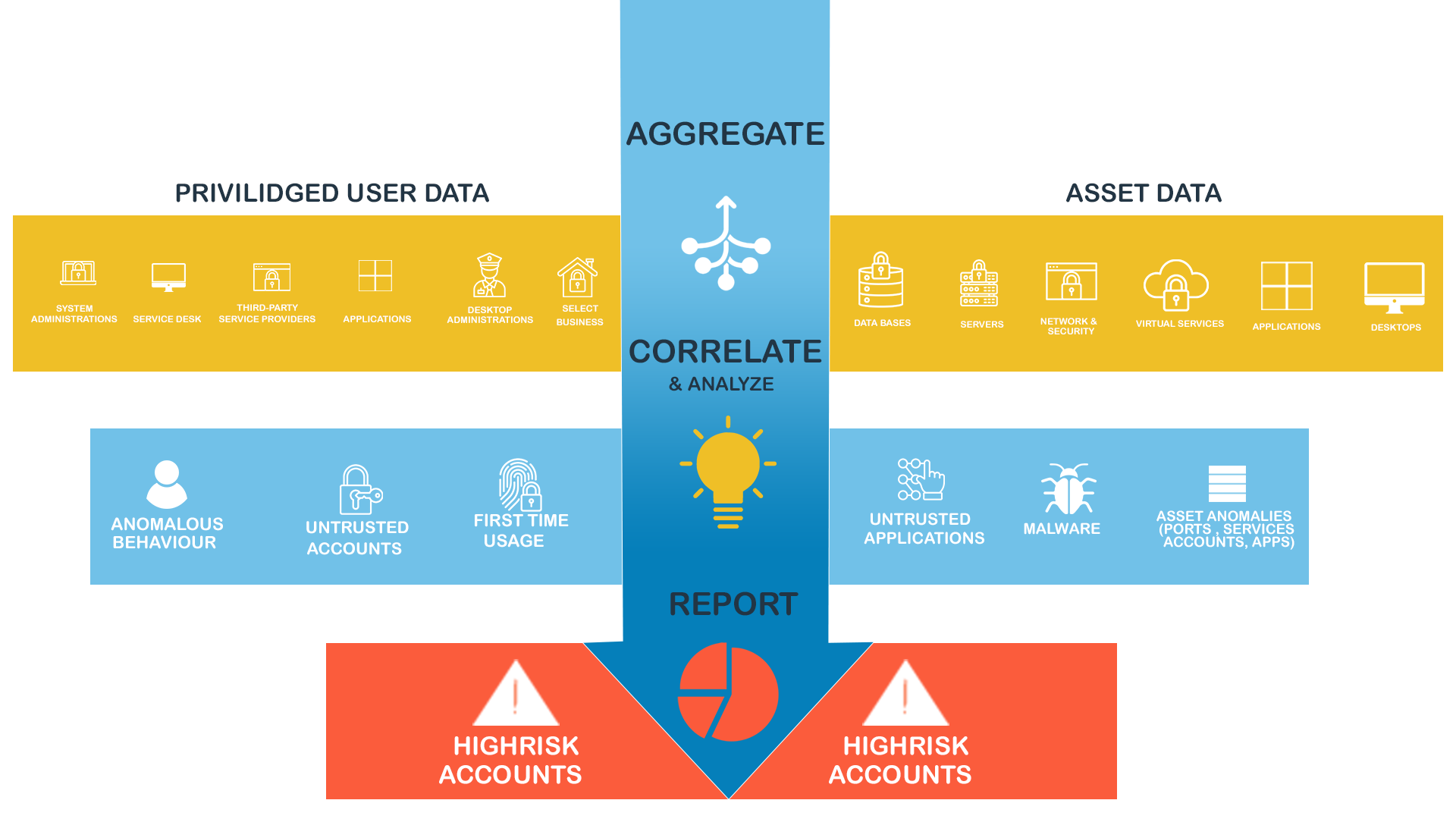
Privileged Access Management Offers Broad Security Impact, Business Engagement, and Endless Opportunities for Growth
Working in the Privileged Access Management (PAM) industry offers a uniquely rewarding career path for several key reasons, listed below.
A career in Privileged Access Management is rewarding due to its broad impact on network security, involvement with critical business processes, high demand for skilled professionals, opportunities for constant learning, cross-functional collaboration, and the meaningful difference made in safeguarding an organization's digital assets.
Types of privileged accounts within a typical organisation:
Root Accounts
Administrator Accounts
Cloud Infrastructure Accounts
Shared Accounts
SSH Keys
Hard Coded Accounts
Backup Accounts
Local Accounts
Service Accounts
Network Device Accounts
Named Privileged Accounts
What is privileged access management?
The practice of controlling and monitoring the use of privileged access.
Privileged access management (PAM) is the practice of controlling and monitoring the use of privileged access (i.e., administrative or superuser access) within an organisation.
This typically involves the use of security measures and controls to ensure that only authorized users are granted access to privileged accounts and functions, and that the use of such privileges is monitored and audited.
Privileged access management is important because it helps to protect against unauthorised access to sensitive systems and data, and to ensure that only authorised users are able to perform certain actions that could have a significant impact on the organization.
Some common components of Privileged access management include privileged account password management, least privilege principles, access control, and auditing and reporting.

